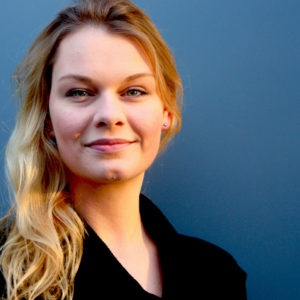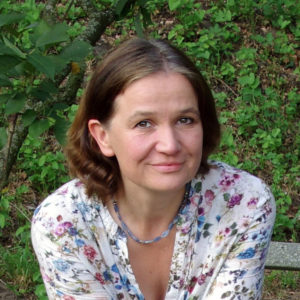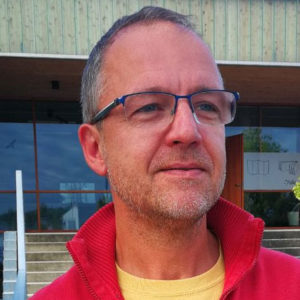Surviving, here and now
About our selection for this year‘s Long Documentary competition
A good deal of people‘s struggles aim at surviving: heating and cooking, paid employment, self-supply. Butwhat, besides primary physical needs, does surviving include? Freedom, happiness, self-determination: are these just perks to be granted, with a bit of luck, to the sated and sheltered? Or are they integral to the human urge for self-preservation?
The films in this year‘s competition show that food and dignity, heating and hope, safety and the opportunity to express one‘s personality and needs are often closely intertwined. We see people revisit their own past, discuss what happened with others or re-enactit –all for the sake of finding their place in the present world. Others project their feelings and expectations into the future, while still others fight their battles here and now.
A young man travels to his Bosnian homeland to dig into secret layers of his life. Workers in a Polish tractor factory find very different ways to validate their past experiences. Young Moroccan nomads are longing for the freedom they hope to gain as urban employees. Siberian women, by acquiring practice in Tuvan throat singing, break into a traditional men‘s preserve, risking their social recognition. A Greek activist group establish a direct marketing system, leaving not a shred of doubt that they are not just aiming at revenue but a life in solidarity as well. The last inhabitants of a Belgian ghost town prefer to be the first settlers in a new home. Existential struggles take place where an Irish farmer opposes the government that wants to acquire his land and a Dutch sheperd‘s family desperately fight for their livelihood in a society which sets off nature and freedom against money. These protagonists are not striving for a private niche alone. They are fighting for rights rooted in their very own concepts of life as it should be lived.
As different as these stories may be,they are all about controversies taking place here and now, right on the spot. You‘ve got to go somewhere to sort things out or stay where you are, hold out and confront things in order to achieve that kind of self-determined life.
Again and again, filmmakers and their protagonists in our prize-contending submissions have shown solidarity with each other in their joint exploration of what surviving means, in a richer sense than the word suggests. This solidarity is what we‘ve been looking for, as a standard for measuring and training our ideas of what makes a good documentary film. We would like to use our competition to invest into the commitment, sympathy and love for life shown by people here and now, on the spot, and we‘d like to invite you –audience and jury members –to follow us on that path.



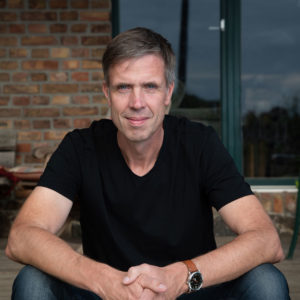
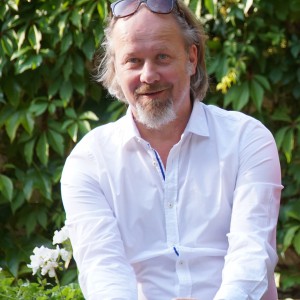
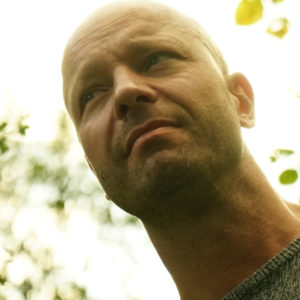
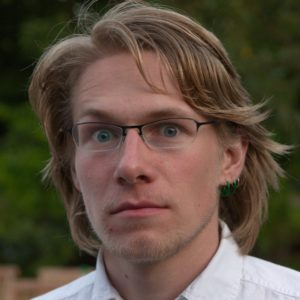
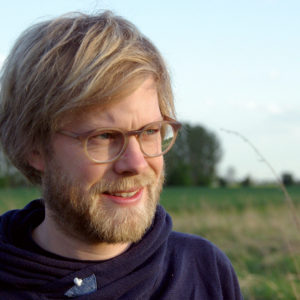
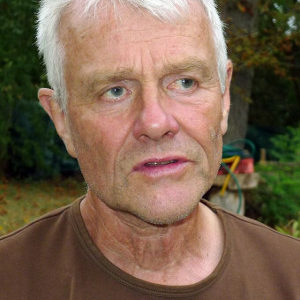
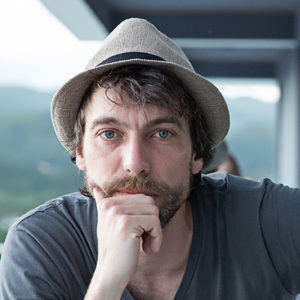

![Lars_Fischer[1] Lars Fischer](https://filmfest-eberswalde.de/wordpress/wp-content/uploads/2015/09/Lars_Fischer1-300x300.png)
